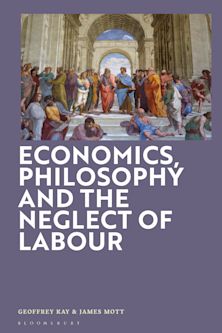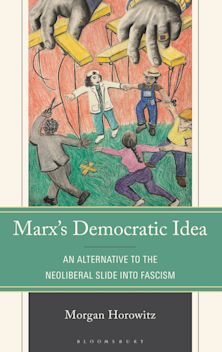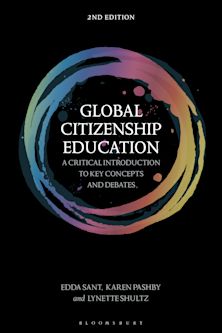Comparative Just War Theory
An Introduction to International Perspectives
Luis Cordeiro-Rodrigues (Anthology Editor) , Danny Singh (Anthology Editor) , Alex J. Bellamy (Foreword)
- Textbook
Comparative Just War Theory
An Introduction to International Perspectives
Luis Cordeiro-Rodrigues (Anthology Editor) , Danny Singh (Anthology Editor) , Alex J. Bellamy (Foreword)
- Textbook
Description
Widespread cross-cultural and cross-ideological agreement on the justifiable limits of war has become an increasingly complex yet vital element of global peace and conflict policies. Luís Cordeiro-Rodrigues and Danny Singh bring together a truly international cohort of philosophers, ethicists, political scientists, criminologists, sociologists, and other scholars to address the morality of war from a comparative perspective.
While conceptions of when to enter war (jus ad bellum) and how to fight war (jus in bello) have been well researched in Western liberal contexts, non-Western philosophies have been largely excluded from debate. This volume seeks to correct that imbalance by addressing concrete examples alongside concepts of Confucian Yi/Rightness, Ahimsa, feminism, class struggles, Ubuntu, anarchism, pacifism, Buddhism, Islam, Jihad, among others.
Comparative Just War Theory provides a global conceptual framework to deal with the morality of war in our modern world. With fresh insights into how the normative problems that arise from just war can be addressed, the book will be a valuable resource for a wide variety of students, scholars, and policymakers.
Table of Contents
Laurie Shrage and Naomi Zack
Foreword: Ethics and War in a Globalized World
Alex J. Bellamy
Introduction: International and Comparative Perspectives to Just War Theory
Danny Singh and Luís Cordeiro-Rodrigues
1. Anarchism and Just War Theory
Nathan Jun
2. “The Only Justifiable War”: The Marxist Strategies of Lenin, Trotsky, and Blanco
Andrew Ryder
3. A Pacifist Critique of Just War Theory
Richard Jackson
4. Undertaking Critical Legal Theory to Examine Just War Intervention: A Smokescreen for Political Ambitions
Danny Singh
5. An Examination of Nigerian, Sri Lankan, and Guatemalan Civil Wars in Light of the Law of Armed Conflict
Jonathan O. Chimakonam and Victor C. A. Nweke
6. African Feminists’ Critique of Just Wars and the Reality of African Women in Wars
Olajumoke M. Akiode
7. Feminist Care Political Theory and Contemporary Just War Theory
Heleana Theixos
8. An African Theory of Just Causes for War
Thaddeus Metz
9. The Classical Confucian Ideas of Jus ad Bellum
Cao Qin
10. Just War and the Indian Tradition: Arguments from the Battlefield
Shyam Ranganathan
11. The Islamic War Ethic in Theory and Practice
Davis Brown
12. Just War Thinking in Chinese Buddhism
Dr. Tong Sau Lin and Dr. King-Fai Tam
Product details
| Published | 23 Oct 2019 |
|---|---|
| Format | Ebook (PDF) |
| Edition | 1st |
| Extent | 284 |
| ISBN | 9798765170687 |
| Imprint | Rowman & Littlefield |
| Illustrations | 2 b/w illustrations; 1 table |
| Series | Explorations in Contemporary Social-Political Philosophy |
| Publisher | Bloomsbury Publishing |



































